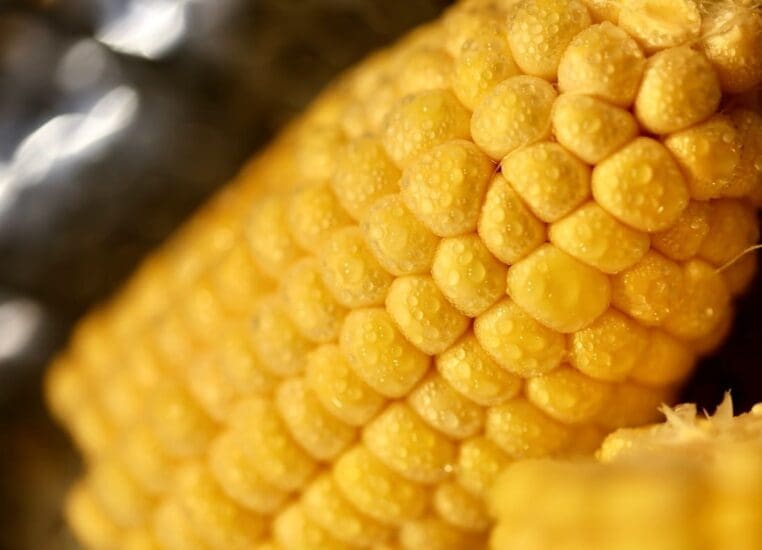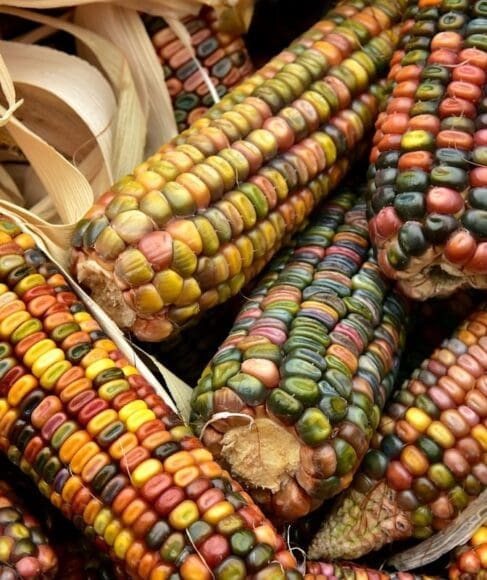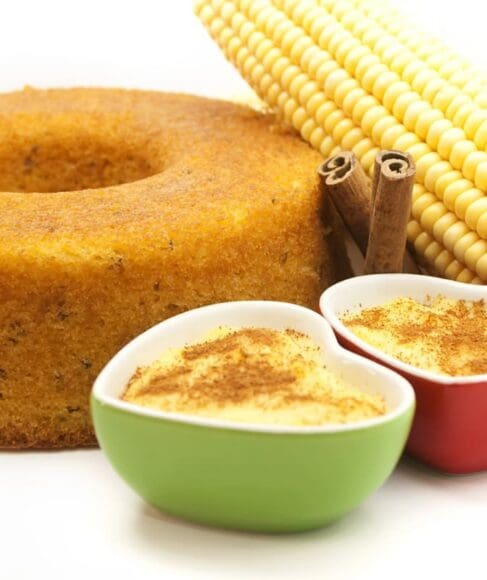There are 59 varieties of corn in Mexico
Among the great biodiversity of the country, there is undoubtedly a plant that is found in the heart of all Mexicans, corn.
Mexico is the cradle of corn, the origin of Zea mays (scientific name) dates back about 7 thousand years in these lands. Its presence was fundamental for the ancient Mesoamerican civilizations, even there is no country in Latin America that does not plant this plant.
According to the National Institute of Ecology and Climate Change (INECC) in Mexico there are 59 subgenera of corn, and 50% of the national agricultural area is used for this food. Among the different types of corn that you find, there are yellow, white, and even colored grains.
Corn is the common denominator in the American continent.
Mexican gastronomy would not be the same without the prominence of corn: tortilla, cornbread, pozole, elotes, quesadillas, tacos and many other dishes are part of the list where this plant boasts.
However, the cultivation of corn is not exclusive to Mexico, other countries such as Colombia and Venezuela have corn at the center of their kitchen, with dishes such as empanadas, arepas, among many more.
Their nutritional richness is indisputable, they are a source of energy due to their noble amount of proteins, fiber, lysine and vitamin A. For this reason, corn is one of the four largest foods produced in the world, although it is known by other names such as: corn, jojoto, corn, milho and elote.
But not only does it have nutritional virtues, which must be emphasized, they have the facility to be transformed into flours, flakes and pasta; It is also used in industrial processes such as the manufacture of biodegradable plastics, pharmaceutical products, starch production, oils, alcoholic beverages, sweeteners such as fructose And till biofuels!
This crop plays such an important role in generating employment in rural areas as it does in feeding the population, to the point that it is part of the essential crops of the country's economy. The introduction of hybrid species, genetically modified for greater productivity and resistance to pests, puts the country and the food security of the population in a delicate situation; As it is attentive to ending the local species of the cob, as well as the livelihood of the small producer who cannot pay the legal rights of the large corporations that legally attack them by spreading the seeds to neighboring plantations unintentionally by means of the wind. .
Even more. Recent studies affirm that transgenic products cause long-term effects on the food chain until reaching the man, where they cause allergies and food intolerances that are more evident every day.
Frequently asked questions from our readers:
corn oil Corn crops cornmeal corn yellow corn food safety
Last modified: April 14, 2024










